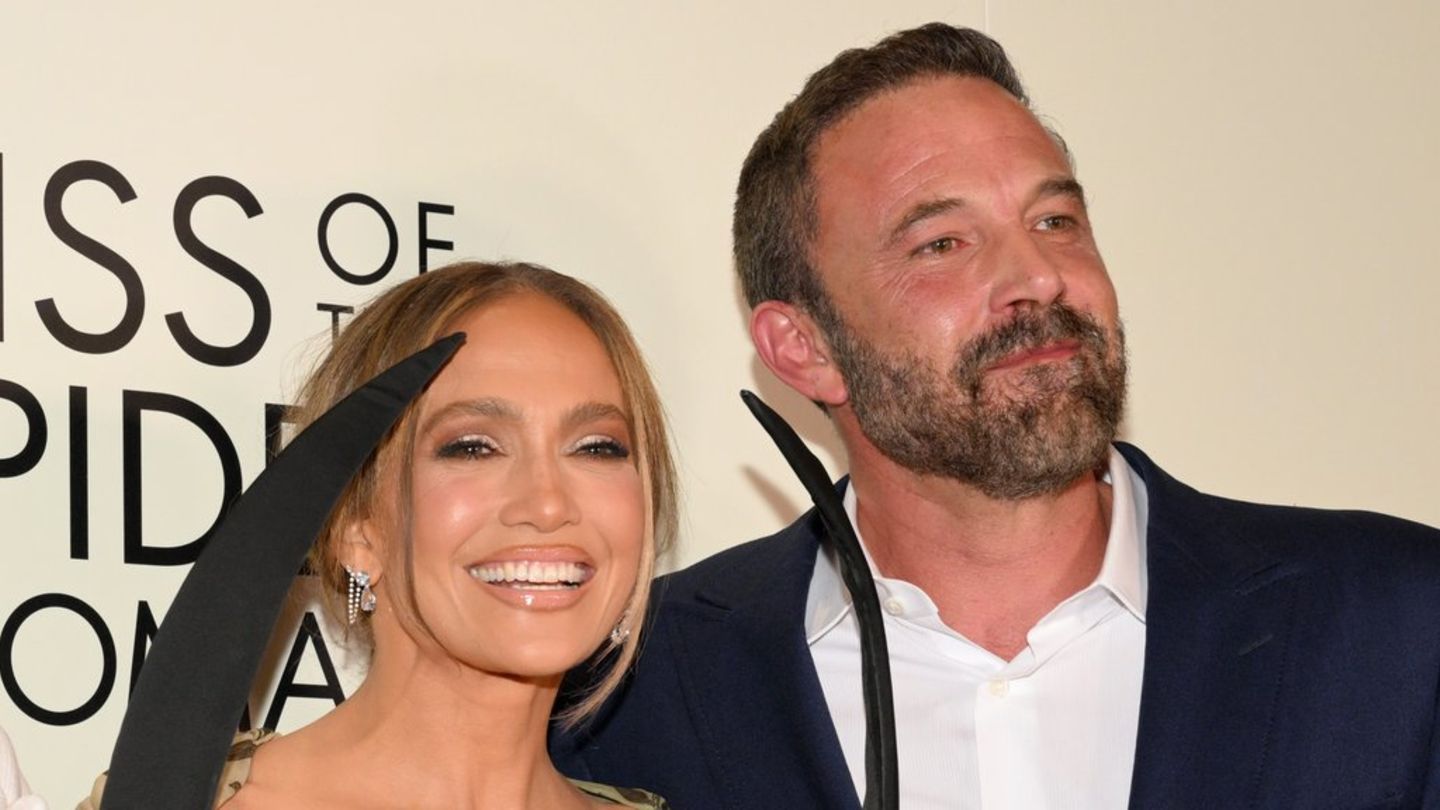After the summer bargain tickets for buses and trains, normal tariffs apply again for millions of passengers. The traffic light coalition is aiming for a successor plan – will the federal states go along with it?
In view of the high energy costs, the federal and state governments are fighting for more money for local public transport and a follow-up offer for the popular 9-euro tickets.
Brandenburg’s department head Guido Beermann (CDU) told the German Press Agency before a special conference of transport ministers: “The most urgent thing now is to deal with the exploding energy costs and to make public transport financially weatherproof.” The federal government wants to get the federal states on board for joint financing of a permanent ticket, which should enable cheaper trips nationwide along the lines of the 9-euro ticket.
Expansion of public transport required
Saarland Prime Minister Anke Rehlinger (SPD) said that not only one ticket model should be brought to the fore in the discussion. Public transport needs to be expanded. “What use is the cheap bus that ultimately doesn’t drive,” she explained on Deutschlandfunk. “We need a big hit.” She also expects the same from Federal Transport Minister Volker Wissing (FDP), said Rehlinger. The 9 euro ticket was a great success. A financially weak federal state like Saarland needs the financial help of the federal government for a succession plan.
The heads of the traffic light coalition had agreed for the planned next relief package to provide 1.5 billion euros annually for a nationwide local transport ticket – if the states give at least as much. The goal is a price between 49 and 69 euros per month. Wissing recently expressed confidence in a successor to the 9-euro tickets. He was “glad that we can and want to find a connection solution for the ticket by January”. The next regular conference of transport ministers is on 12./13. October, then it should also be about the future of public transport in general.
Federal regionalization funds
A follow-up offer for the 9-euro tickets plays into a long-lasting struggle for additional billions – namely to cushion increased costs for fuel and electricity, but also to expand the offer with more connections and clocks. It is about the so-called regionalization funds of the federal government, with which the federal states and transport associations order services from the transport providers. Normally, 9.4 billion euros are already coming from Berlin this year, plus another billion from another pot.
Brandenburg’s head of department, Beermann, said that just to maintain public transport, the states needed an extra 1.65 billion euros. A further 1.5 billion euros are needed for an expansion of public transport. “The discussion about tariffs has to be integrated here. But the traffic light wants to put the reins on the horse from behind. That won’t work,” he said, referring to the debate about the 9-euro tickets. The Federation for the Environment and Nature Conservation Germany (BUND) emphasized that Germany can only achieve the climate goals with well-developed public transport with cheap and simple tariffs. “Under no circumstances should offers be restricted or ticket prices increased due to rising energy prices,” said traffic expert Jens Hilgenberg.
co-financing of the countries
In the debate about a successor to the 9-euro ticket, Lower Saxony’s Prime Minister Stephan Weil expects the states to participate to the same extent as the federal government. He expects “that the states will say they will co-finance what the federal government puts in, but we cannot overcompensate,” said the SPD politician on Monday in Hanover. He cannot say what price the customers would then have to pay. “That will now be the subject of difficult negotiations between the federal and state governments. They will be conducted by the transport ministers. I cannot estimate where we will end up.” He hopes for a quick result so that the transport industry can plan.
Source: Stern
Jane Stock is a technology author, who has written for 24 Hours World. She writes about the latest in technology news and trends, and is always on the lookout for new and innovative ways to improve his audience’s experience.




